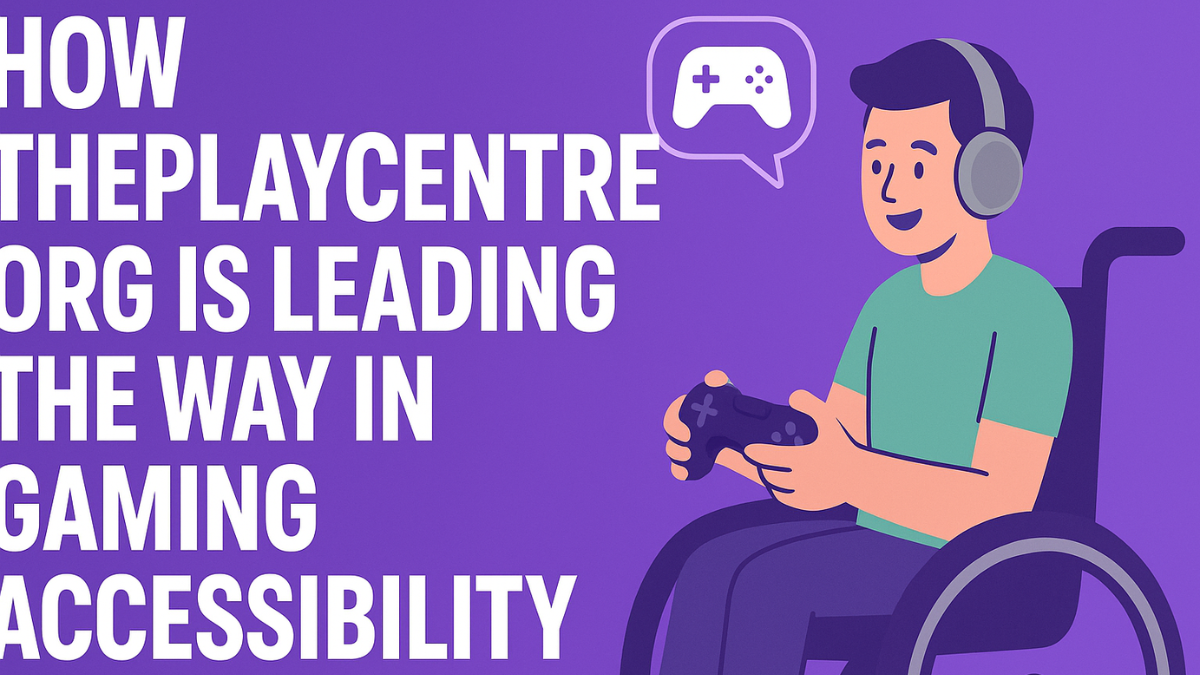Best Mental Health Tips for Students Under Stress
Student life is often described as the best time of life—but anyone who has been through it knows that it’s not always easy. Between exams, assignments, social expectations, financial worries, and planning for the future, students face a unique set of challenges that can be very stressful. While some stress can motivate students to stay focused, too much stress can damage mental health, lower performance, and even lead to burnout.
The good news is that there are natural, simple, and effective ways students can take care of their mental health. In this article, we’ll explore the best mental health tips for students under stress and how they can be applied in daily life.
1. Create a Balanced Study Routine
One of the main reasons students feel stressed is poor time management. When deadlines pile up, everything feels overwhelming. Creating a routine that balances study, rest, and social time can reduce pressure.
How to do it naturally:
- Break large assignments into smaller tasks.
- Use a planner or digital app to track deadlines.
- Study in short focused sessions (25–40 minutes) followed by short breaks.
- Prioritize tasks instead of trying to do everything at once.
A balanced routine prevents last-minute panic and gives students a sense of control.
2. Prioritize Sleep
Many students sacrifice sleep to study or scroll on their phones late at night. But poor sleep affects memory, concentration, and emotional health. Lack of rest actually makes stress worse.
Tips for better sleep:
- Aim for 7–9 hours of sleep each night.
- Avoid caffeine late in the evening.
- Keep a consistent sleep schedule—even on weekends.
- Create a bedtime ritual like reading or listening to calming music.
Good sleep is like a reset button for the brain, helping students stay sharp and positive.
3. Eat Foods That Boost Brain Health
The brain needs proper fuel to function under stress. Junk food and too much caffeine might feel comforting in the moment, but they can increase anxiety and reduce focus.
Brain-friendly foods for students:
- Omega-3 rich foods: walnuts, fish, flaxseeds.
- Whole grains for steady energy.
- Dark chocolate in moderation to reduce stress hormones.
- Fresh fruits and vegetables for essential vitamins.
A healthy diet not only improves mental health but also helps students perform better academically.
4. Stay Physically Active
Exercise isn’t just for athletes—it’s one of the best stress relievers for everyone, including students. Physical activity releases endorphins (happy hormones) and lowers levels of stress hormones.
Simple ways to stay active:
- Take a 20-minute walk between study sessions.
- Do yoga or stretching in the morning.
- Play a sport or dance with friends.
- Even climbing stairs or doing chores counts as activity.
Regular movement clears the mind, making it easier to focus on studies.
5. Practice Mindfulness and Meditation
Stress often comes from worrying about the future or regretting the past. Mindfulness brings students back to the present moment, creating calm and clarity.
Mindfulness ideas for students:
- Deep breathing for 5 minutes before exams.
- Short guided meditation sessions using apps.
- Journaling to release negative thoughts.
- Focusing fully on one task instead of multitasking.
Practicing mindfulness daily can reduce anxiety and improve emotional resilience.
6. Limit Screen Time and Social Media Pressure
Students spend a lot of time online—for study and for fun. But endless scrolling can create feelings of comparison, distraction, and even more stress.
Healthy digital habits:
- Set time limits on social media apps.
- Avoid screens at least an hour before bed.
- Replace some online time with hobbies or outdoor activities.
Using technology mindfully allows students to stay connected without feeling overwhelmed.
7. Build Strong Support Systems
Being a student can sometimes feel lonely, especially if studying away from home. Having supportive relationships makes stress easier to manage.
Ways to build support:
- Stay in touch with family and friends.
- Join study groups or clubs on campus.
- Talk openly with trusted people about challenges.
- Don’t hesitate to seek guidance from teachers or mentors.
Strong social connections remind students that they don’t have to face stress alone.
8. Learn to Say “No”
Students often take on too many responsibilities—extra classes, part-time jobs, social events—thinking they can handle it all. But overcommitment leads to burnout.
Practical tip: Learn to politely say no to things that don’t align with your priorities. Protecting your time and energy is an important part of mental health.
9. Take Breaks and Rest Your Mind
The human brain is not designed to study non-stop. Long hours without rest lower productivity and increase stress.
Healthy break ideas:
- Go for a short walk.
- Listen to music.
- Do something creative like drawing or writing.
- Take a quick nap.
Short breaks help refresh the brain and make study time more effective.
10. Ask for Help When Needed
There is no shame in reaching out for support. Sometimes stress becomes too much to handle alone. Talking to a counselor, psychologist, or school advisor can make a huge difference.
Professional help provides strategies and guidance that students might not find on their own. Remember: seeking help is a sign of strength, not weakness.
Conclusion
Student life comes with both opportunities and challenges. While stress is a normal part of the journey, it doesn’t have to take over your mental health. By balancing routines, sleeping well, eating nourishing foods, staying active, practicing mindfulness, limiting screen time, and reaching out for support, students can manage stress in healthy ways.
The best mental health tips for students under stress are not about perfection—they’re about making small, consistent changes that build resilience and confidence. Every positive step counts, and with the right habits, students can thrive academically and emotionally.
FAQs About Mental Health Tips for Students Under Stress
1. Why do students experience so much stress?
Students face academic pressure, financial worries, social challenges, and the uncertainty of the future, all of which contribute to stress.
2. Can exercise really help reduce student stress?
Yes, exercise releases endorphins that naturally boost mood, reduce anxiety, and improve focus—making it one of the best stress relievers.
3. How can I manage stress before exams?
Plan your study schedule early, take regular breaks, practice deep breathing, and ensure you get enough sleep the night before.
4. Is it normal to feel stressed all the time as a student?
Some stress is normal, but constant stress is not healthy. If it feels overwhelming, it’s important to seek support from friends, mentors, or professionals.
5. What’s the quickest way to calm down during high stress?
Try deep breathing, step outside for fresh air, or practice mindfulness for a few minutes. These simple actions can quickly reduce tension.
news via inbox
Mail us for latest news and updates







